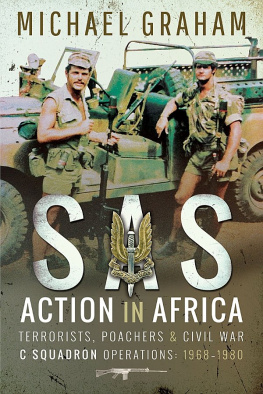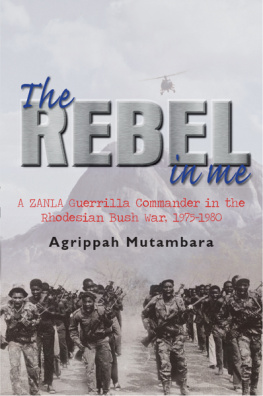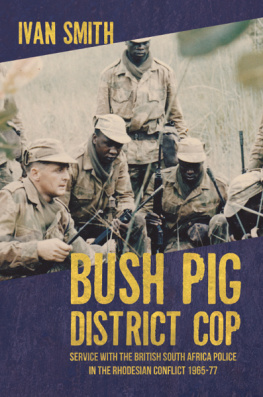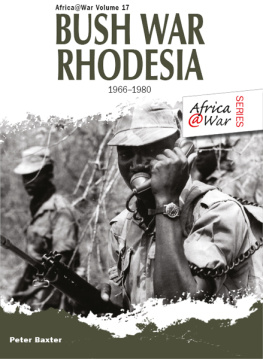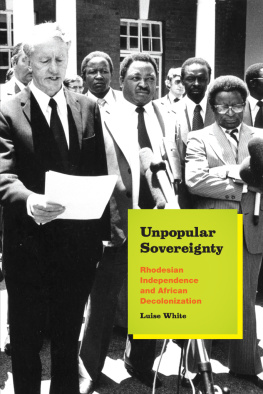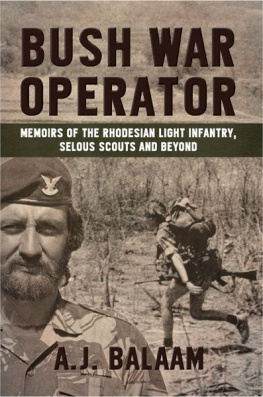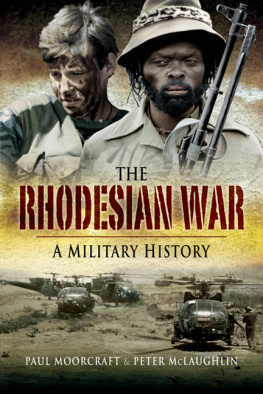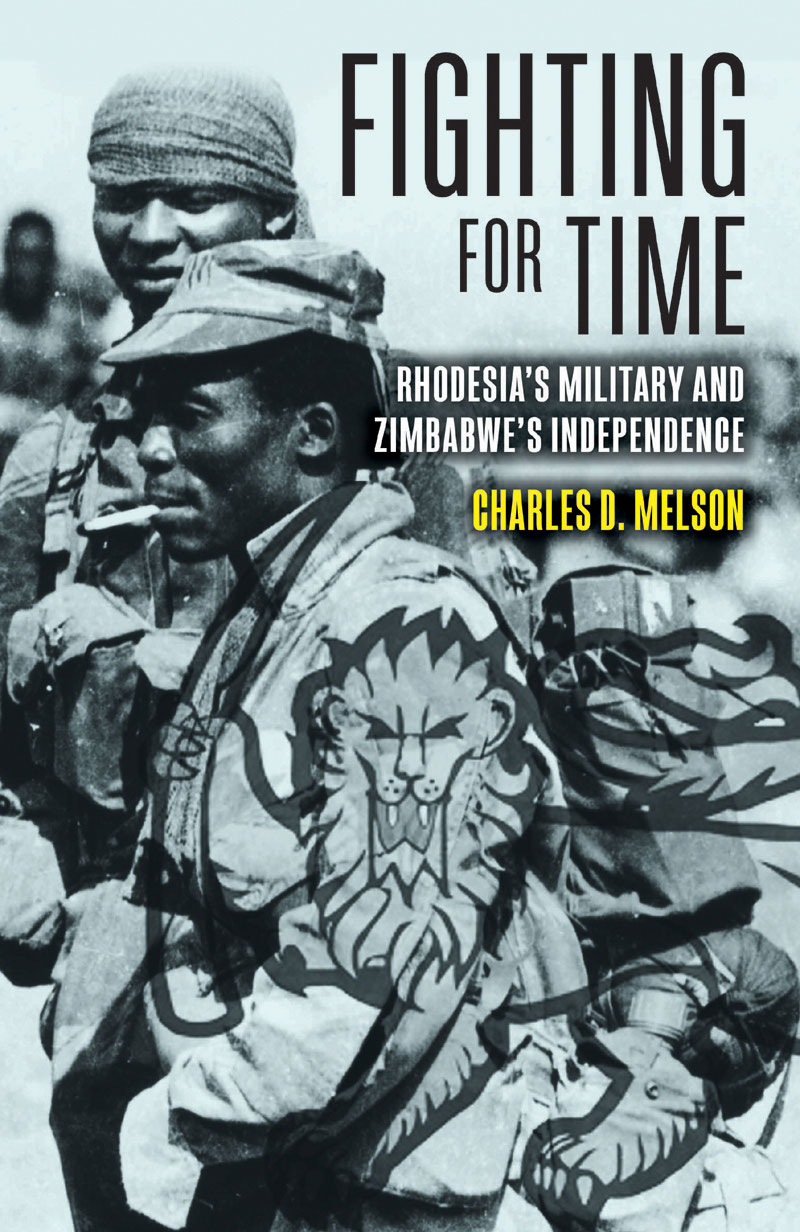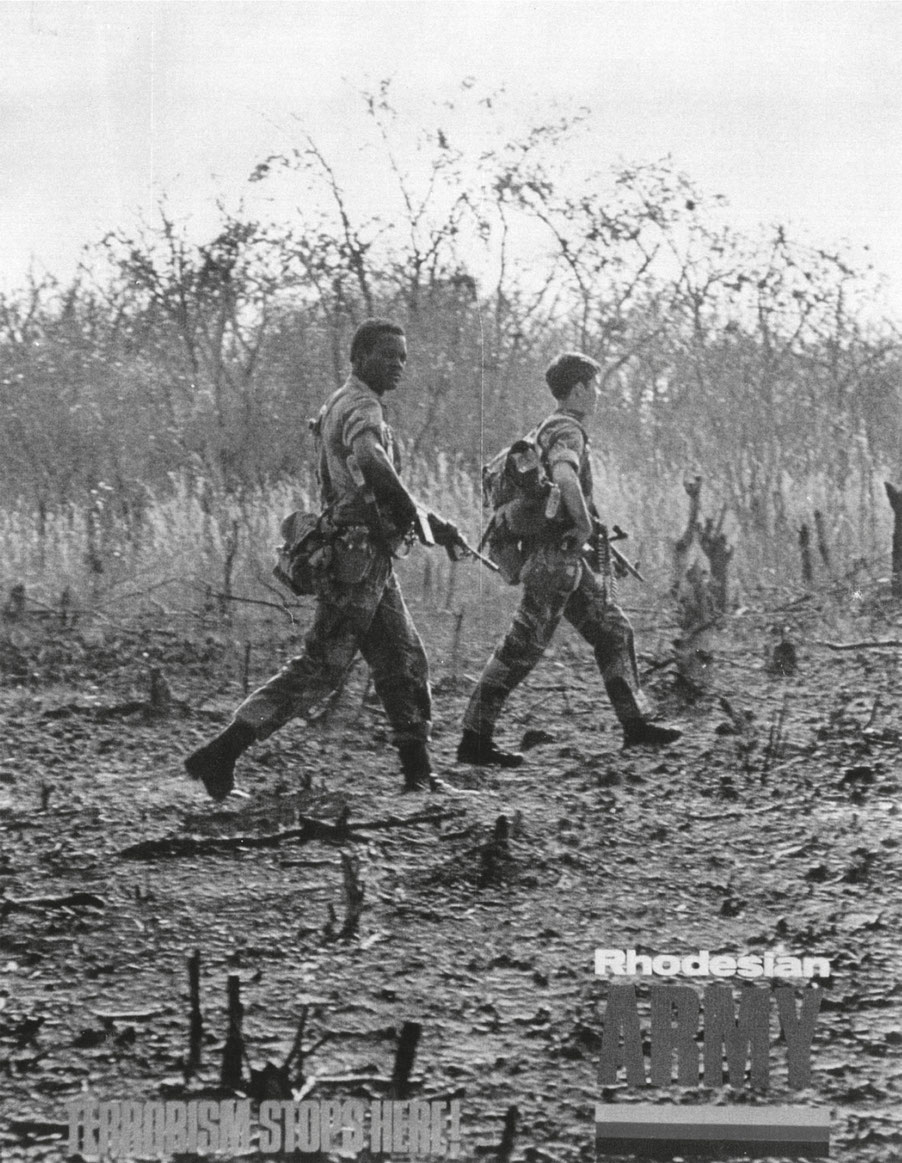FIGHTING FOR TIME
FIGHTING FOR TIME
Rhodesias Military and Zimbabwes Independence
CHARLES D. MELSON
Published in the United States of America and Great Britain in 2021 by
CASEMATE PUBLISHERS
1950 Lawrence Road, Havertown, PA 19083, US
and
The Old Music Hall, 106108 Cowley Road, Oxford OX4 1JE, UK
Copyright 2021 Charles D. Melson
Hardback Edition: ISBN 978-1-95271-506-8
Digital Edition: ISBN 978-1-95271-507-5
Kindle Edition: ISBN 978-1-95271-507-5
A CIP record for this book is available from the British Library
All rights reserved. No part of this book may be reproduced or transmitted in any form or by any means, electronic or mechanical including photocopying, recording or by any information storage and retrieval system, without permission from the publisher in writing.
For a complete list of Casemate titles, please contact:
CASEMATE PUBLISHERS (US)
Telephone (610) 853-9131
Fax (610) 853-9146
Email: casemate@casematepublishers.com
www.casematepublishers.com
CASEMATE PUBLISHERS (UK)
Telephone (01865) 241249
Email: casemate-uk@casematepublishers.co.uk
www.casematepublishers.co.uk
Front cover image courtesy of The Rhodesian African Rifles Regimental Association.
Contents
An image depicting aspects of the conflict used for contemporary recruiting posters as well as to project the image of the first line of defense. (RAA)
Foreword
Major Charles David Chuck Melson, USMC (Ret), is a military historian of distinction with that rare quality of practical experience, not just through military service but that of combat, in his case in Vietnam. He brings therefore not just a fresh eye to his examination of the counterinsurgency effort in Rhodesia but a practiced one.
His is a rare analytical study of the Rhodesian campaign. Almost all the writing on this subject is anecdotal narrative, inevitable as servicemen recall their experiences. Most of the unit histories are anthologies of experiences, useful in themselves.
Given the destruction of paper in March 1980 when the temporary governor of Rhodesia, Lord Soames, announced that Robert Mugabe had won what is still a disputed election, history has to be written from fragments. There is no continual military archival material, no full collection of situation reports, on which to base certainty. The newspaper archives are not a great assistance because the embattled Rhodesian government kept the press at arms length. There was no embedding of journalists.
Given these difficulties, Chuck Melson provides a welcome and necessary forensic examination of a small force, starved for funds, forced to find ingenious solutions, but whose efforts were brought to naught, as in most counter-campaigns, because they depended upon a political outcome.
J. R. T. Wood, BA (Hons) (Rhodes) PhD (Edin) FRHistS
Preface
Senior wartime participants believed the study of the Rhodesia conflict was useful from their perspective. Police Commissioner S. F. S. Bristow noted at the wars start: Too often in the present times we are inclined to regard history as dry and lacking in any form of appeal, yet the reading and learning of history is one of the best ways in which we can learn of, and benefit from, the mistakes of the past. Lieutenant-General G. P. Walls, Commander, Combined Operations, echoed this at the wars end: Assailed on every side by new violence day by day, the past tends to become vague and then forgotten. For this reason, this significant incident in the history of Africa has been recorded in a concrete manner. Those who become involved will keep alive that which the few defended even though the cause was lost. Recent experience with the University of New South Wales and the Australian Defence Force Academy indicates that this research is still of current value and importance. For Rhodesians of all persuasions this was not just an academic exercise, but life itself recalled by the Chindit Prayer on Remembrance Days: Somewhere, somehow, I know not where, You will proudly stand and say: I was there. The Kohima Epitaph is still recited for those who did live to tell the tale: For your tomorrow, We gave our today.
From the 1960s through 1970s, there were a series of conflicts in Africa involving Rhodesia, South Africa, and Portugal in confrontation with the Frontline States. An international element was present with the Cold War and witnessed United States interest at the diplomatic, economic, and social level. In the post-Vietnam period, participation occurred with individual American soldiers, educators, politicians, and executives. By 1971, I developed a professional interest in conflicts in southern Africa in general and in Rhodesia (now Zimbabwe) in particular. As a military action officer and historian, my efforts were conducted at Headquarters, U.S. Marine Corps and the Marine Corps Education Command and University to include lectures, seminars, case studies, and a variety of research projects. I followed the conflict through the 1980s and while preparing for post-graduate education in the 1990s. At the time, Professor J. R. T. Wood at the University of Durban-Westville and Professor D. F. S. Fourie of the University of South Africa (Pretoria) were my advisors. Career opportunities prevented completion of this goal but I collected the documentary material used for this narrative that now resides at the Pritzker Military Museum and Library of Chicago, Illinois. I shared this with other authors, publishers, and institutions to ensure that lessons learned from the conflict remain available. This included original army, air force, and police records held by the Rhodesian Army Association (RAA), the British Empire and Commonwealth Museum (BECM), the National Archives of Zimbabwe (NAZ), and from the unselfish contributions of those who served during the conflict. Grateful acknowledgement is given to the journalists and academics that played a part in the undertaking with their own persistent research. In spite of their contributions, all opinions or errors remain mine alone. Place names used are those from the contemporary literature, and may not conform to post-colonial usage. A mix of imperial and metric units of measurement exists, again reflecting available records, coupled with the fact that Rhodesia converted from the imperial to metric system in 1970, midway through the conflict.
The title derives from the political and military interaction that made the goal of winning on the battlefield impossible without external intervention. All that could be gained was gained, an instant in time for a settlement. Published to date are journalism, academic work, unit histories, and personal accounts that lack balance or insights beyond the level of individual experience. In part, this is because senior Rhodesian leaders did not leave memoirs or analysis, with a prevailing belief that the Rhodesian diplomatic and political situation was too unique to learn from. To answer the reservations of whether there are lessons to learn from the study of this low-intensity conflict, the narrative divides into several parts and chapters. The first part consists of chapters 1 and 2 for background to describe the physical, historical, and public safety considerations that provided the starting point for a more detailed examination of the military response to the evolving revolutionary threat. The development of existing and then continuing measures provides the basis for general- and special-purpose units. The central part includes chapters 3 and 4 addressing the critical use of airpower as a force multiplier supporting civil, police, and army efforts, ranging from internal security and border control to internal and external combat operations. Chapter 5 examines the requirement for innovative units and full-time joint commands structures. This includes the use of helicopter-borne internal reaction forces described in detail with Chapter 6. As the conflict escalated, cross-border attacks and unconventional responses were conducted, as documented in chapters 7 and 8. The final section has the conclusions derived from the thesis. Original contributions are found at the level of tactics, techniques, and procedures, and the major finding of the transition of the Rhodesian armed services from a general-purpose force to a special-purpose force conducting intelligence-driven operations.

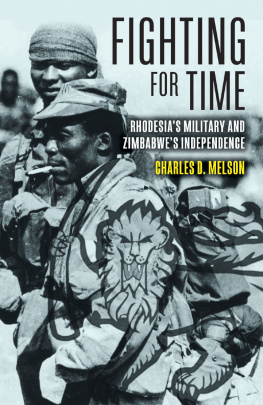

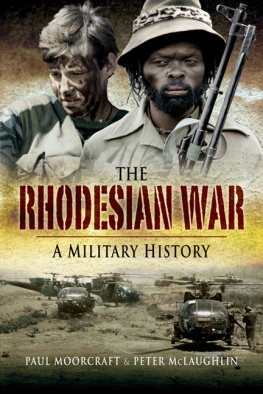
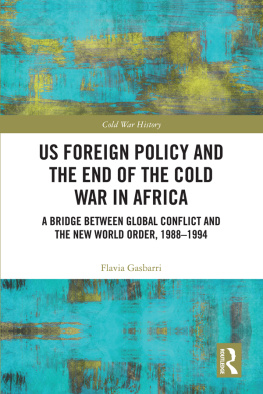
![P.P.K.Walther [P.P.K.Walther] - Rhodesia’s Hangover](/uploads/posts/book/267900/thumbs/p-p-k-walther-p-p-k-walther-rhodesia-s.jpg)
